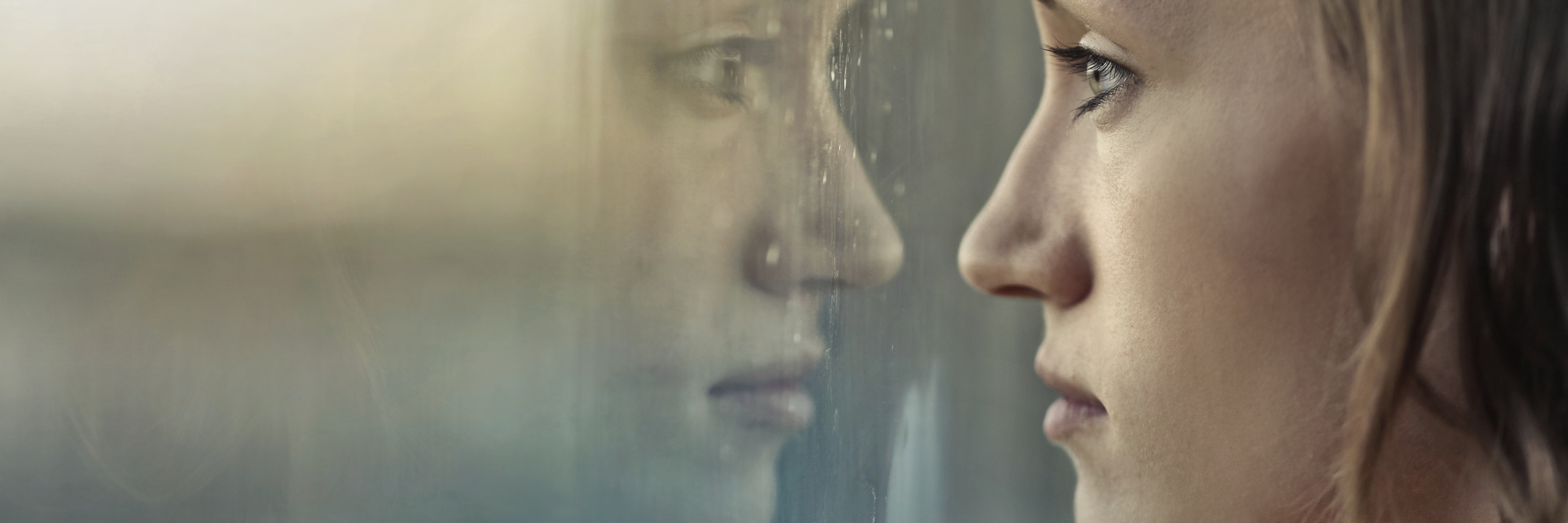As far back as I can remember, I see symptoms of mental illness.
I have had varying diagnosis from generalized anxiety disorder (GAD) to obsessive-compulsive disorder (OCD), to borderline personality disorder (BPD) and more. The diagnoses are not as important to me now as they used to be. I don’t define myself by them anymore. Asking for help when I need it, regardless of the symptoms I’m facing at the time, is what I focus on today.
Asking for help has always been difficult for me, starting from a young age. I grew up in a great home. I have loving parents and an amazing sister. I had every opportunity and was given anything I could ever want. So why was I depressed? I did not understand that there didn’t need to be a triggering event or a traumatic history in order to have a mental illness. I didn’t understand that it could happen to anyone, even me. I didn’t ask for help because I couldn’t face the “cheer up, your life is perfect” comments that would come from my peers and family. Instead, I struggled through school, engaging in extremely self-destructive behaviors with only a select few friends having an idea of what was going on.
Although I was struggling on the inside, I tried not to let it affect my outward appearance. I went off to college, as I had always planned, to become a social worker. These were some of the best and worst years of my life. I got good grades and made amazing friends but I was struggling silently. I continued having the attitude that I needed to deal with my issues on my own, and that asking for help would show weakness. After graduating it became even harder as I began working at mental health agencies and having clients with significant trauma history. I compared my life to theirs and convinced myself that my problems were not worth talking about. I turned to self-harm behaviors and self-medicating in order to get through day-to-day life. This led me down a long road of what I can only describe as emotional turmoil. Eventually, it had to come crashing down.
The first time I really asked for help, I was terrified. I didn’t want to deal with the stigma around mental illness. I didn’t want to deal with the judgment I’d face as an addict. I didn’t want to let my family and friends down. Facing my fears and engaging in treatment was the best thing I ever could have done for myself. I realized my brain doesn’t produce enough of the “happy” chemicals. I realized I have a hard time regulating my emotions and that those emotions can lead to rapid mood swings. I realized all of this is OK. I realized there are healthier ways to cope and that, with help from others, I could get better.
Asking for help is never an easy task, but today it is doable. Although I will most likely deal with mental illness for the rest of my life, I can see a brighter future for myself than I ever could before. A few years ago, I never thought I could experience happiness. With the way my life was going, I never thought I’d live past 25 years old. I can only imagine what my life would have been like if I got help sooner. Mental illness is nothing to be ashamed of; neither is asking for help.
If you or a loved one is affected by addiction and need help, you can call SAMHSA‘s hotline at 1-800-662-4357.
If you or someone you know needs help, visit our suicide prevention resources page.
If you struggle with self-harm and you need support right now, call the crisis hotline at 1-800-273-8255 or text “START” to 741-741. For a list of ways to cope with self-harm urges, click here.
We want to hear your story. Become a Mighty contributor here.
Thinkstock photo via Marisa9

